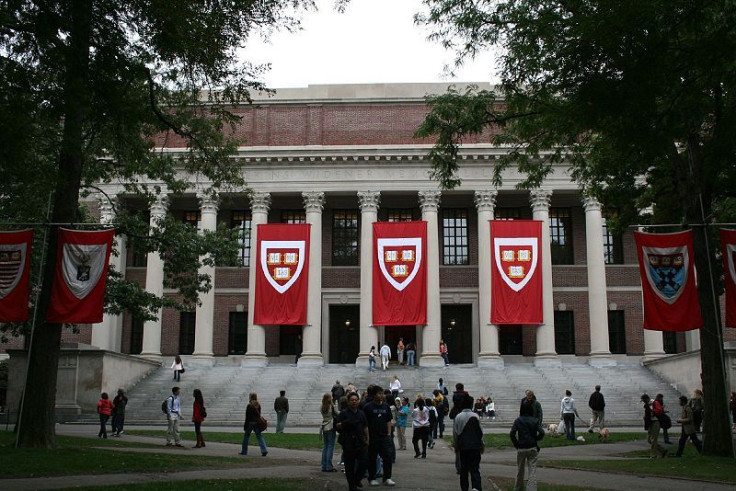US Universities Enact Travel Restrictions Due To Ebola Scare

Universities around the U.S. are issuing restrictions, prohibiting their students, faculty and staff from traveling to Guinea, Sierra Leone and Liberia, the West African countries hit hardest by the Ebola epidemic. The Centers for Disease Control and Prevention advises Americans to avoid all nonessential travel to Guinea, Liberia and Sierra Leone and adds that “education-related travel to these counties should be postponed until further notice.”
Universities that have restricted school-sponsored travel include Georgetown University, the State University of New York system, New York University, Cornell, the University of Georgia and Duke (which instituted its ban as far back as August). Schools with public health or medical programs, of course, must find a delicate balance between keeping their communities safe and doing the work that is part of their mission, so most of the colleges instituting bans allow for the possibility of exceptions for those conducting Ebola-related research or relief work.
Columbia University in New York, for example, issued a statement banning travel to West Africa: “Accordingly, all Columbia students, faculty and staff must avoid travel to Sierra Leone, Guinea and Liberia. Students will not receive credit or funding for activities involving travel in these countries, and student groups are not permitted to visit any of them.”
But the university will make exceptions for those who may need to travel to help fight the epidemic. Such university community members must request approval from their deans and the university provost.
“The university has a service mission, and we have experts and researchers who can contribute actively to solving the problem and containing it,” Columbia University Provost John H. Coatsworth told the New York Times. He added that four university members were already in Liberia and Sierra Leone, working on the Ebola response, while two more members will join them soon.
Harvard University enacted a similar policy, the Harvard Crimson reported, asking students, faculty and staff to avoid nonessential travel to the three Ebola-stricken countries. But the university also recognized that Harvard affiliates in fields such as public health may still need to go.
“To contribute effectively in-country entails great personal risk and requires complex logistical support, which only a few aid organizations and governments are capable of providing. Only clinicians with the highest level of readiness -- personal, mental and professional -- should even consider traveling,” read Harvard’s guidelines. Those clinicians must obtain permission from their deans and the provost.
Johns Hopkins University, renowned for its medical and public health programs, is one institution that has not banned travel outright, but it does discourage such trips. The university asks that if Johns Hopkins-affiliated individuals do plan to travel to West Africa, they should notify their deans and department chairs. About 15 people from the community have traveled to Sierra Leone, Liberia and Guinea to do Ebola-related work this year, reports the university.
© Copyright IBTimes 2025. All rights reserved.





















